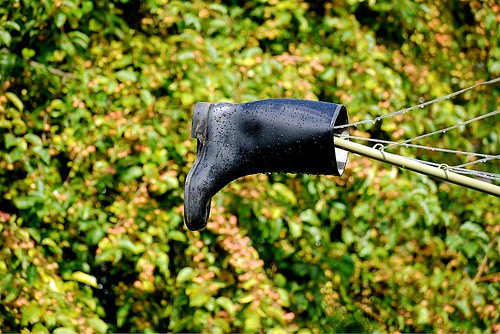We’ve been here before and Seamus Milne nails it.
The Daily Mail thundered that blaming cuts was “immoral and cynical”, echoed by a string of armchair riot control enthusiasts. There was nothing to explain, they’ve insisted, and the only response should be plastic bullets, water cannon and troops on the streets.
We’ll hear a lot more of that when parliament meets – and it’s not hard to see why. If these riots have no social or political causes, then clearly no one in authority can be held responsible. What’s more, with many people terrified by the mayhem and angry at the failure of the police to halt its spread, it offers the government a chance to get back on the front foot and regain its seriously damaged credibility as a force for social order.
But it’s also a nonsensical position. If this week’s eruption is an expression of pure criminality and has nothing to do with police harassment or youth unemployment or rampant inequality or deepening economic crisis, why is it happening now and not a decade ago? The criminal classes, as the Victorians branded those at the margins of society, are always with us, after all. And if it has no connection with Britain’s savage social divide and ghettoes of deprivation, why did it kick off in Haringey and not Henley?
To accuse those who make those obvious links of being apologists or “making excuses” for attacks on firefighters or robbing small shopkeepers is equally fatuous. To refuse to recognise the causes of the unrest is to make it more likely to recur – and ministers themselves certainly won’t be making that mistake behind closed doors if they care about their own political futures.
It was the same when riots erupted in London and Liverpool 30 years ago, also triggered by confrontation between the police and black community, when another Conservative government was driving through cuts during a recession. The people of Brixton and Toxteth were denounced as criminals and thugs, but within weeks Michael Heseltine was writing a private memo to the cabinet, beginning with “it took a riot”, and setting out the urgent necessity to take action over urban deprivation.
This time, the multi-ethnic unrest has spread far further and faster. It’s been less politicised and there’s been far more looting, to the point where in many areas grabbing “free stuff” has been the main action. But there’s no mystery as to where the upheaval came from…
Watching the ‘debate’ in the Commons today, it was difficult to know which had been the more depressing: the looting, or the Establishment’s boneheaded reaction to it.
Oh, and by the way, isn’t it interesting how an organisation that was only last week widely regarded as incompetent, corrupt and institutionally racist has suddenly become our heroic bulwark against anarchy. I refer, of course to Inspector Knacker of the Yard and his colleagues in the Metropolitan Police. I bet the Murdochs cannot believe their luck. A week is indeed a long time in politics.




